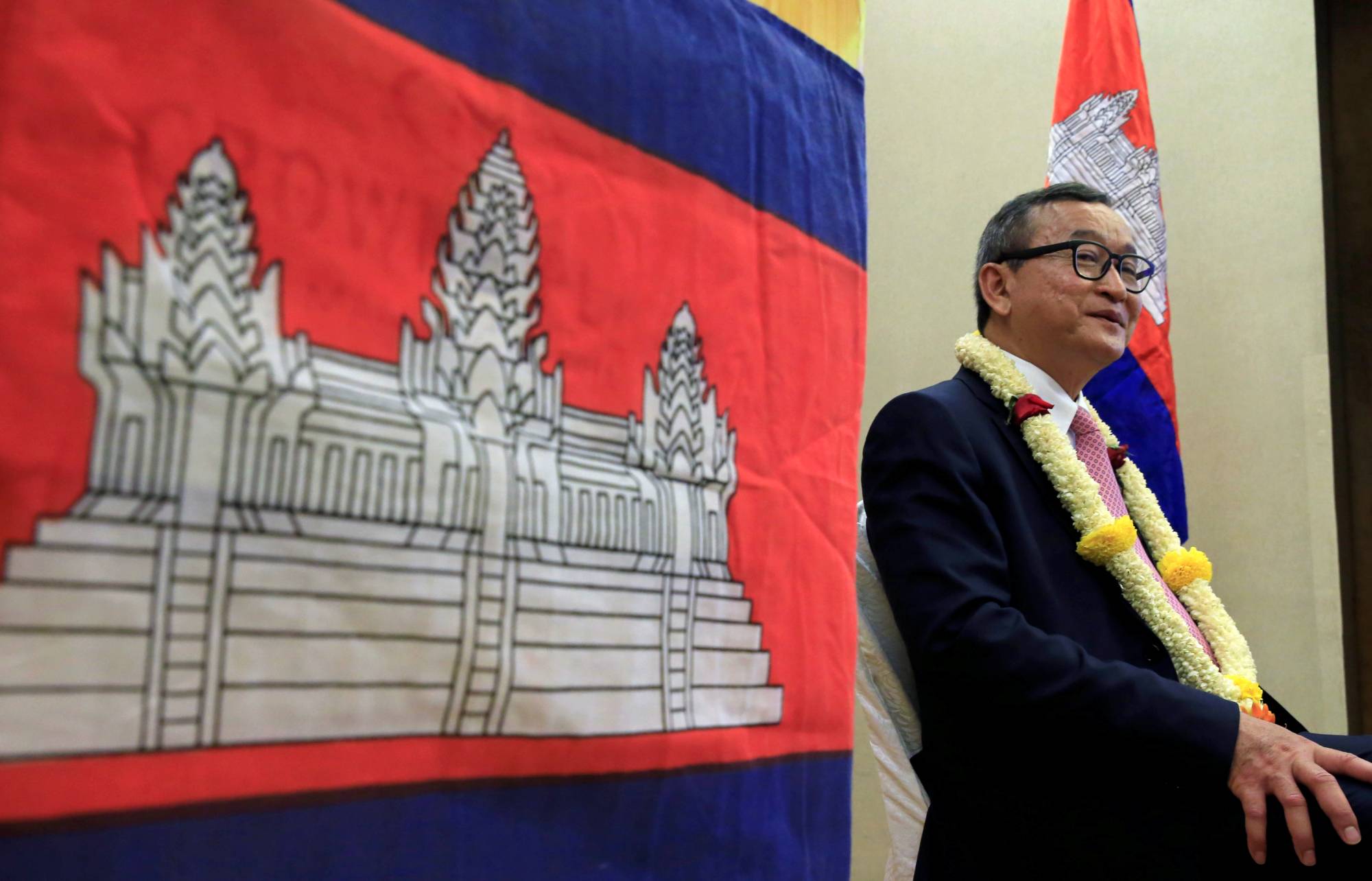The creation of a cross-party group of Japanese lawmakers to establish a Japanese version of the Magnitsky Act creates the opportunity for an Asian response to the human rights violations in Cambodia. Those involved include former Defense Minister Nakatani Gen of the ruling Liberal Democratic Party, Yamao Shiori of the opposition Democratic Party for the People, as well as members from ruling coalition partner Komeito and the opposition Nippon Ishin party.
That broad base of support for Magnitsky type legislation sends a strong signal in a political culture where consensus is paramount. The global trend toward adopting Magnitsky laws, which allow countries to freeze the assets of and impose travel bans on those who violate human rights, has left free world countries reluctant to be left behind.
The European Union adopted a framework for imposing Magnitsky sanctions in December, and Britain has started using its own legislation by imposing penalties on Russian and Saudi nationals. An Australian parliamentary committee in December recommended the country adopt its own legislation.



















With your current subscription plan you can comment on stories. However, before writing your first comment, please create a display name in the Profile section of your subscriber account page.